Macau Casinos Finally Catch Break With New Rules

Macau's casino operators are breathing a sigh of relief, as the city outlines amendments to casino regulations that are far better than at first feared. It's a moment of respite after a horrible couple of years.
The world's largest gambling hub will offer six casino concessions, the government announced on Friday, but will slash the concession length in half to 10 years.
Still, the fact that six operators will be licensed to run casinos is a reassurance to the six companies already operating there. Macau casino stocks sank to near all-time lows and shed billions in market value last September, when the government announced a public consultation of its gambling laws that could have forced out some companies.
Shares in Sands China (HK:1928) (SCHYY) shares soared 14.6% in Monday trading in Hong Kong. There are also solid gains for Wynn Macau (HK:1128) (WYNMY) (up 11.9%), MGM China (HK:2282) (MCHVY) (up 11.7%), Galaxy Entertainment (HK:0027) (GXYYY) (up 7.0%) and SJM Holdings (HK:0880) (SJMHY) (up 4.8%). But as Covid recovery plays go, there's much further they could rise.
On Nasdaq, the stock of Melco Resorts & Entertainment (MLCO) raced ahead 16.6% on Friday. The Macau gaming commission made its announcement after the close of Friday's trade in Asia, meaning Monday is the first chance for investors to respond.
The new plans will remove some of the uncertainty surrounding how Macau's casinos are licensed. The existing licenses, issued after Macau liberalized its gambling legislation in 2002, expire in June 2022.
There are currently three licensed casino operators, with concessions held by SJM Holdings, Galaxy and Wynn. SJM was founded by the late billionaire Stanley Ho, who led a consortium that benefitted massively from a 40-year gambling monopoly that began in 1961.
Through some sleight of hand, Macau in fact approved double its original number of operators. It achieved this by permitting the license holders to issue one "subconcession" each, which allowed Sands China, Melco and MGM China to enter the market.
This was always an obvious dodge by the regulators to double the number of operators, and thereby competition. The newly announced system promises to remove any of the regulatory runaround and uncertainty introduced by the subconcessions, and the legal agreements between casino companies.
Six operators -- highly likely to be the six casino companies already functioning -- will be permitted at face value under the new system. They will be granted 10-year licenses that can be extended by three years. The government will require the operators to launch a public re-tender process for their licenses, but as yet there's no indication when that will happen.
The new rules require 15% of the shares in casino operators to be owned by locals, up from the current 10%. The companies will have to notify the government when they distribute cash to investors, but there are none of the restrictions on that activity that could have been put into place.
The tax rate will also remain the same for casino operators, an effective rate of 39%. When the review was announced, there was concern that the government might step in to take large ownership stakes in the casino operators, or tax them much more heavily.
The government even dropped a stipulation, announced at the time of the public consultation, that it have officials delegated on site to oversee casino operations. That decision came after negative feedback from the operators.
The casinos will have to boost their capital to MOP5 billion Macanese patacas (US$621 million), up from the current MOP200 million (US$25 million).
It was far from a sure bet that Macau would allow all the existing operators to continue. Beijing has been cracking down hard on a series of industries that it views as morally questionable or damaging to society.
It has effectively outlawed for-profit tutoring in a bid to level the education field; is restricting children to at most three hours of videogame play on weekends; and wants to minimize speculation and investment in the housing market to keep prices lower.
Most startlingly in its intrusion into societal mores, the Chinese Communist Party is waging cultural war on "vulgar influencers" and performers with "lapsed morals," telling broadcasters to ban shows with "abnormal aesthetics." Censors have told social-media stars to stop flaunting their wealth, and have stepped in to block or disband fan groups they view as engaging in idol worship.
Gambling hardly fits in the Communist lifestyle ideal, either, and Macau is the only place in China that allows casinos. But restricting the flow of casino cash would decimate the economy of Macau, which gets around 70% of its tax revenue and 21% of its jobs from gambling. There are 41 casinos in Macau (operators can run multiple venues), which brought in US$360 billion in revenue in pre-Covid 2019, six times the amount from the 144 casinos in Las Vegas.
There have been fitful efforts to restrict how many people visit Macau, and how often they go, normally through the issuance of visa to mainland Chinese gamblers. Recently, the Beijing government has also acted to regulate the flow of cash into casinos, where middlemen accept Chinese yuan on the mainland and issue chips in Hong Kong dollars, effectively laundering the cash out of China's walled-off financial markets.
The casino industry was shaken in November, when the authorities arrested Alvin Chau, the CEO of Suncity Group Holdings (HK:1383), the largest "junket" operator in Macau. Such companies bring big-money gamblers to Macau and arrange for them to play in private rooms that they often operate, paying a portion of the proceeds to the casino.
Chau was detained on suspicion of encouraging cross-border gambling. It is illegal to solicit gamblers in mainland China, so this crackdown effectively banned the "gray area" the junket operators had been exploiting. Suncity's Macau arm first closed all its junket rooms, then said that it was ceasing business as of Dec. 10.
Minus the junkets, the new regulations promise to keep the existing casino operating system in place, much as it has been. The casinos and their resort hotels are still flailing for customers, with on-off border closures to mainland China when Covid raises its head. At least, in this uncertain present, the future now holds some security.








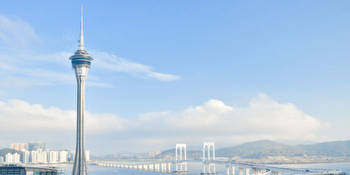


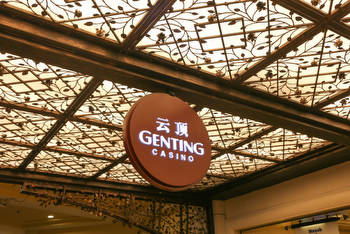
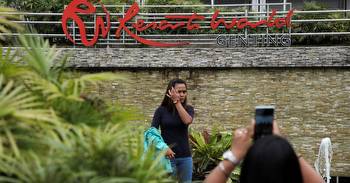
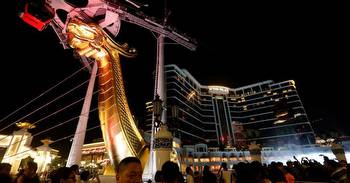
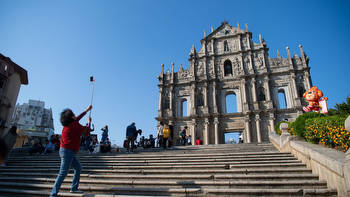

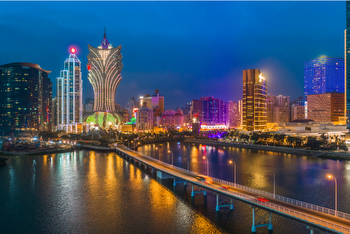

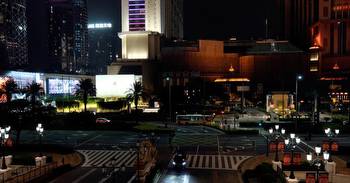
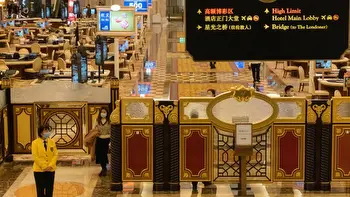
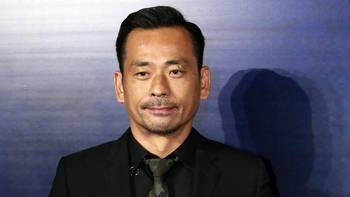
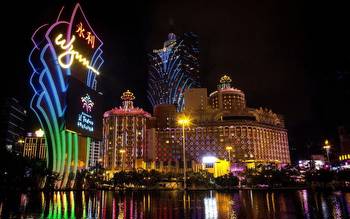


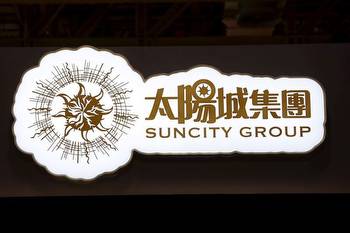
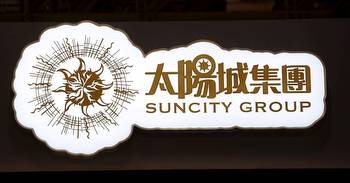
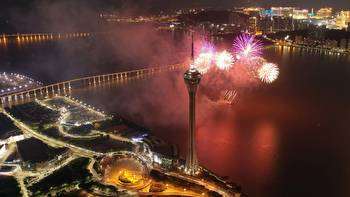

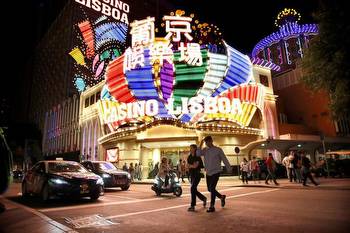
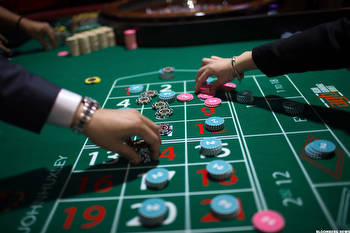

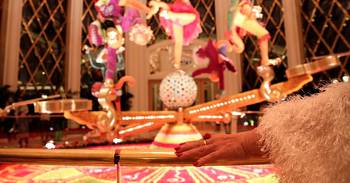


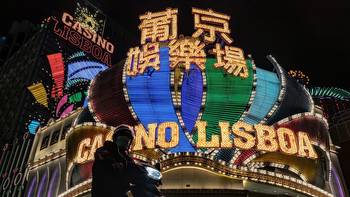

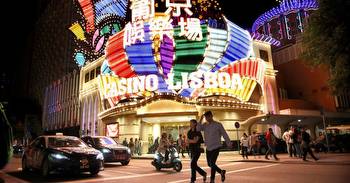
.jpg)



